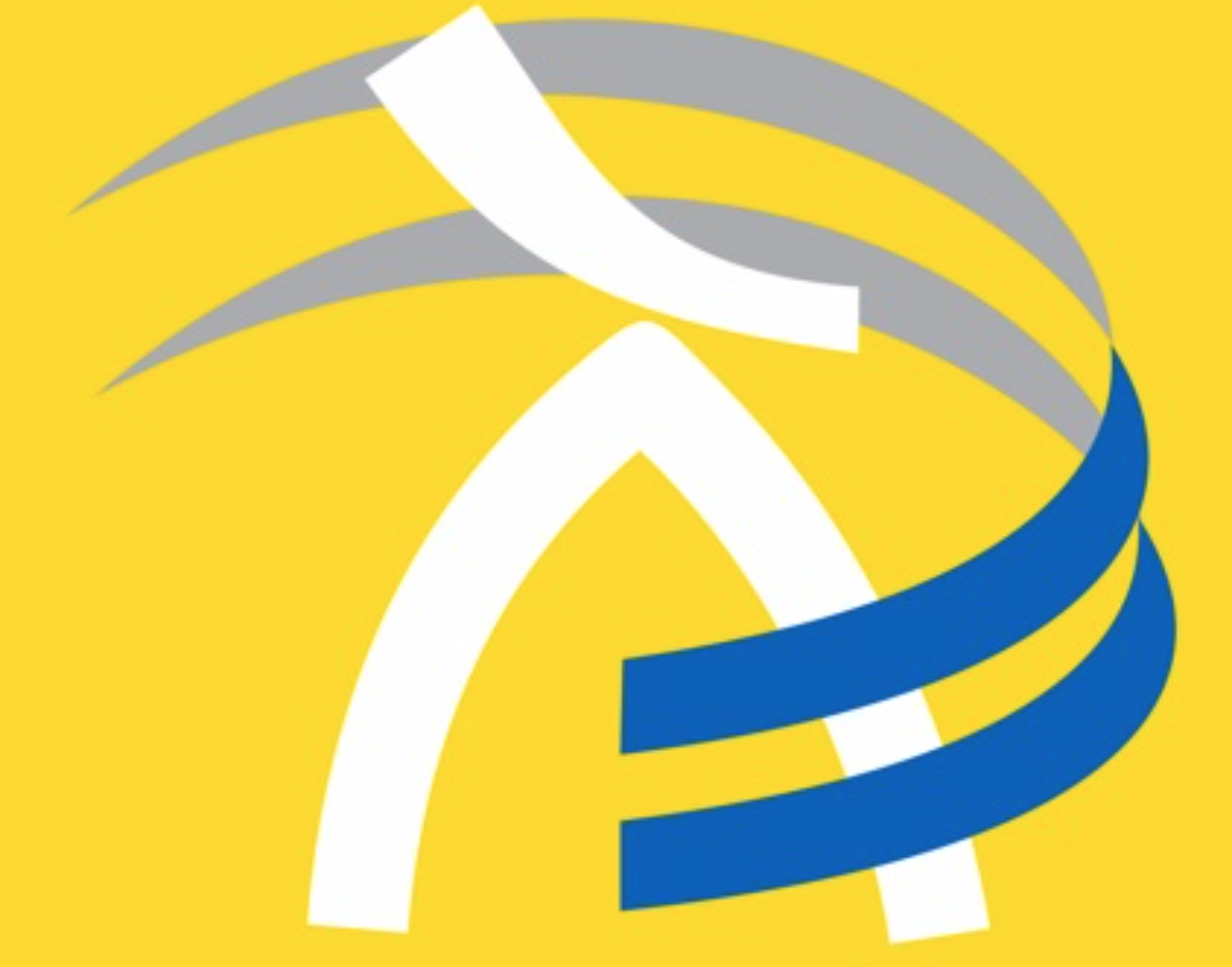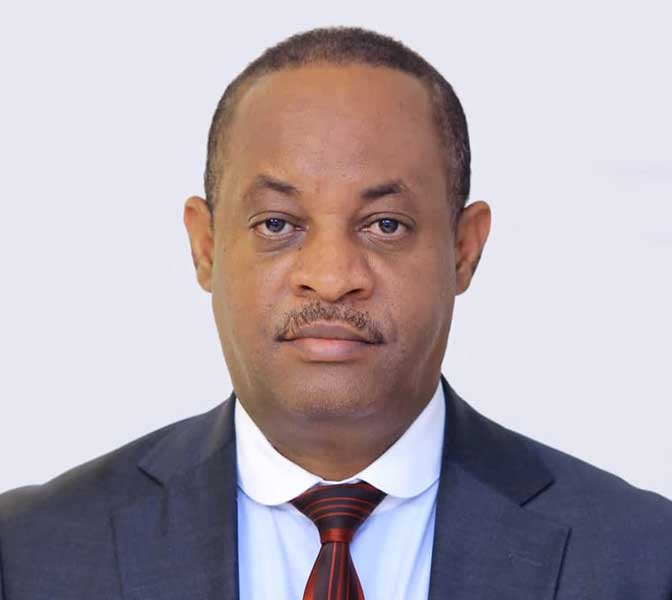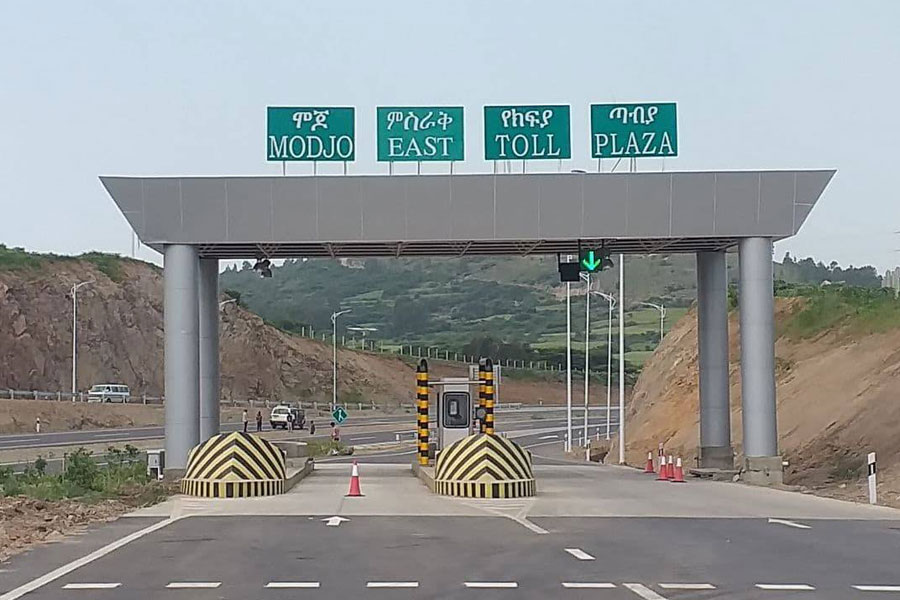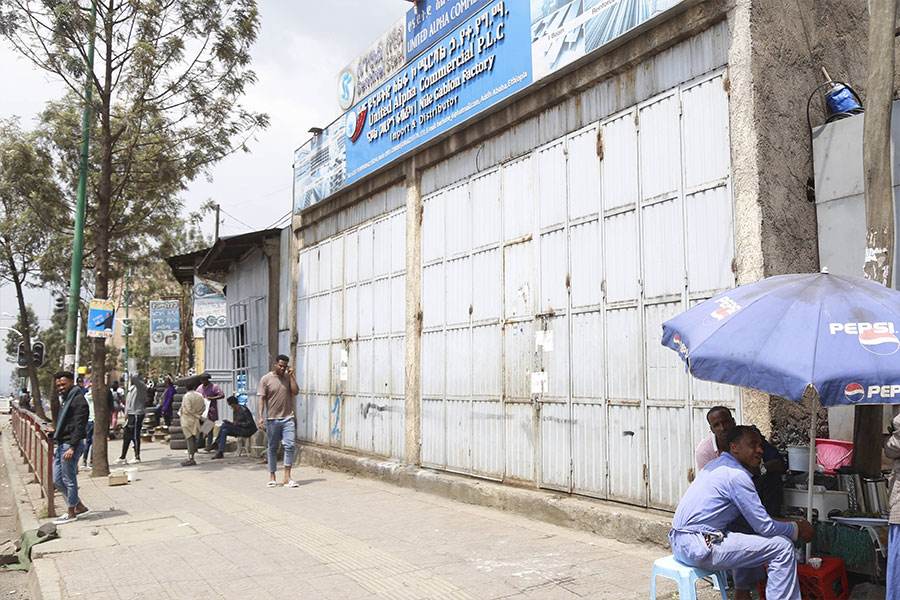
Fortune News | May 26,2021
Dec 19 , 2021
By Mariana Mazzucato , Ilona Kickbusch
It beggars belief, but it is true: In the midst of the COVID-19 crisis, the member states of the World Health Organisation (WHO) are still pondering whether, and by how much, they should increase their regular financial contributions to the organisation, whose work continues to save lives within and beyond their borders.
While some may think the WHO is sufficiently financed, the opposite is true. The WHO’s budget structure cripples and undermines its mandate to act as the world’s principal international public-health organisation. Less than 20pc of the WHO’s budget comes from regular fees (“assessed contributions”) paid by member states. The heavy reliance on voluntary contributions by member states and other funders severely hampers the WHO’s ability to work on its core activities, leaves it vulnerable to political pressures, and skews its priorities toward individual countries’ preferences.
The acute need to support the WHO’s critical work to overcome the pandemic crisis and achieve “Health for All” is self-evident, as is the organisation’s indispensable leadership role in health globally. The WHO is the most important global coordination mechanism for preparing for and responding to pandemics and other health threats, providing a vital public good that serves all countries. It is therefore imperative that member states support the proposals from a WHO working group to reform the organization’s financing, including increasing assessed contributions as a share of its budget from 16pc to 50pc.
Improving both the quantity and quality of financing for the WHO is a matter of global urgency. Member states waste no time paying lip service to the WHO’s relevance. But how well it can deliver is predicated on how well it is financed. And as we note in our work for the WHO’s Council on the Economics of Health for All, finance is not neutral: the type of finance available affects the allocation and, ultimately, the outcome of investments.
Strengthening the WHO provides the best return on investment for health. Billions are being proposed – such as by the G20 High-Level Independent Panel on Financing the Global Commons for Pandemic Preparedness & Response – to set up and finance new global health-security institutions that cannot guarantee broad political buy-in, especially from the Global South. There simply is no logical reason why member states should place heavy bets on a new venture that might not gain broad support over-investing in their existing organisation, which most certainly can deliver more if funded accordingly.
It is simple: the greatest potential for global health solidarity lies with the WHO. Reliable financing by its owners – the 194 member countries – would make all the difference to global health cooperation and demonstrate the effectiveness of multilateral solutions to international challenges.
The time to walk the talk is now. Too many member states have long been indifferent to the need to strengthen the WHO or invest in health. It should not have been this way before COVID-19, and it should not continue being this way after the pandemic.
The hesitancy and reluctance that brought us to this point sharply contrast with the spirit and determination shown a half-century ago, when humans overcame seemingly insurmountable challenges in order to make it to the moon and back. In today’s money, President John F. Kennedy’s moonshot cost a colossal 283 billion dollars, without any guarantee of success. Of course, it did succeed, and in the process, it catalysed cross-sectoral innovation that, in time, gave the world camera phones, better home insulation, and the modern software industry.
In other words, Kennedy’s moonshot boosted economic dynamism and growth through mission-oriented innovation. In comparison, the current financing proposal would only cost all 194 WHO member states 1.2 billion dollars a year, with the certainty that it would significantly strengthen the organisation’s effectiveness. We believe it should actually be more.
Today’s moonshot must be “Health for All.” Most immediately, that means ensuring that COVID-19 vaccines are accessible globally. But it is not a moonshot for the WHO’s member states to finance their own organization so that it can do its job. That is just common sense: the WHO saves the lives of its member states’ people. We already have very affordable, practical, and straightforward solutions for global public health, including financing common goods for health; what we need now is just a fraction of the policymaking ambition we once had.
PUBLISHED ON
Dec 19,2021 [ VOL
22 , NO
1129]

Fortune News | May 26,2021

Fortune News | Feb 26,2022

Fortune News | Mar 19,2022

Agenda | Oct 09,2021

Commentaries | Dec 04,2021

Photo Gallery | 171197 Views | May 06,2019

Photo Gallery | 161439 Views | Apr 26,2019

Photo Gallery | 151133 Views | Oct 06,2021

My Opinion | 136282 Views | Aug 14,2021





Dec 22 , 2024 . By TIZITA SHEWAFERAW
Charged with transforming colossal state-owned enterprises into modern and competitiv...

Aug 18 , 2024 . By AKSAH ITALO
Although predictable Yonas Zerihun's job in the ride-hailing service is not immune to...

Jul 28 , 2024 . By TIZITA SHEWAFERAW
Unhabitual, perhaps too many, Samuel Gebreyohannes, 38, used to occasionally enjoy a couple of beers at breakfast. However, he recently swit...

Jul 13 , 2024 . By AKSAH ITALO
Investors who rely on tractors, trucks, and field vehicles for commuting, transporting commodities, and f...

Oct 4 , 2025
Eyob Tekalegn (PhD) had been in the Governor's chair for only weeks when, on Septembe...

Sep 27 , 2025
Four years into an experiment with “shock therapy” in education, the national moo...

Sep 20 , 2025
Getachew Reda's return to the national stage was always going to stir attention. Once...

Sep 13 , 2025
At its launch in Nairobi two years ago, the Africa Climate Summit was billed as the f...

Oct 5 , 2025 . By NAHOM AYELE
In Meqelle, a name long associated with industrial grit and regional pride is undergo...

Oct 5 , 2025 . By BEZAWIT HULUAGER
The federal government is set to roll out a new "motor vehicle circulation tax" in th...

Oct 5 , 2025 . By NAHOM AYELE
The Bank of Abyssinia is wrestling with the loss of a prime plot of land once leased...

Oct 5 , 2025 . By BEZAWIT HULUAGER
The Customs Commission has introduced new tariffs on a wide range of imported goods i...